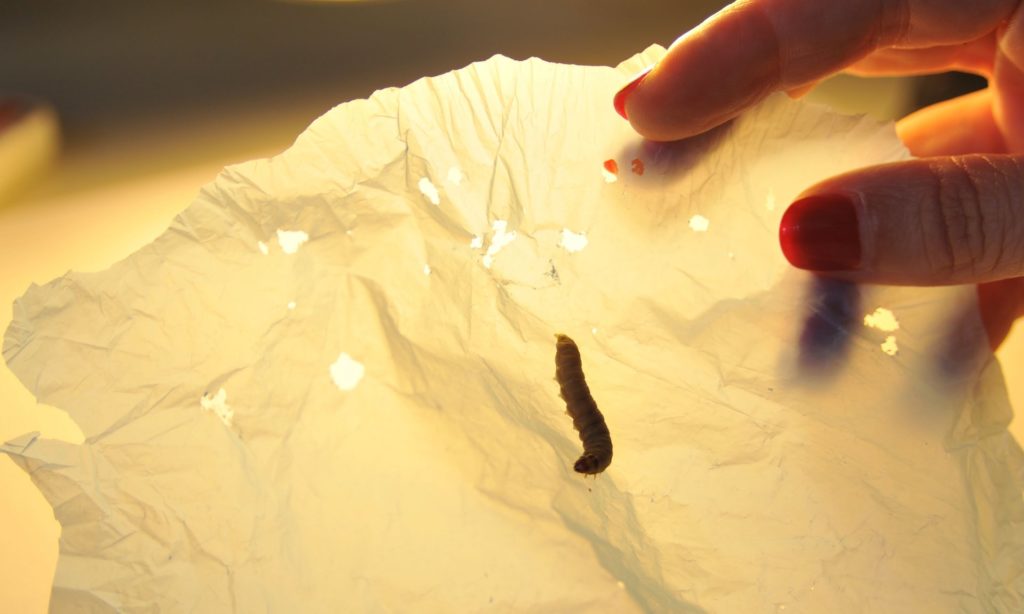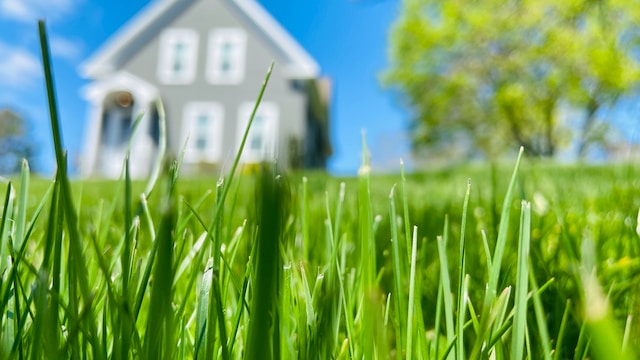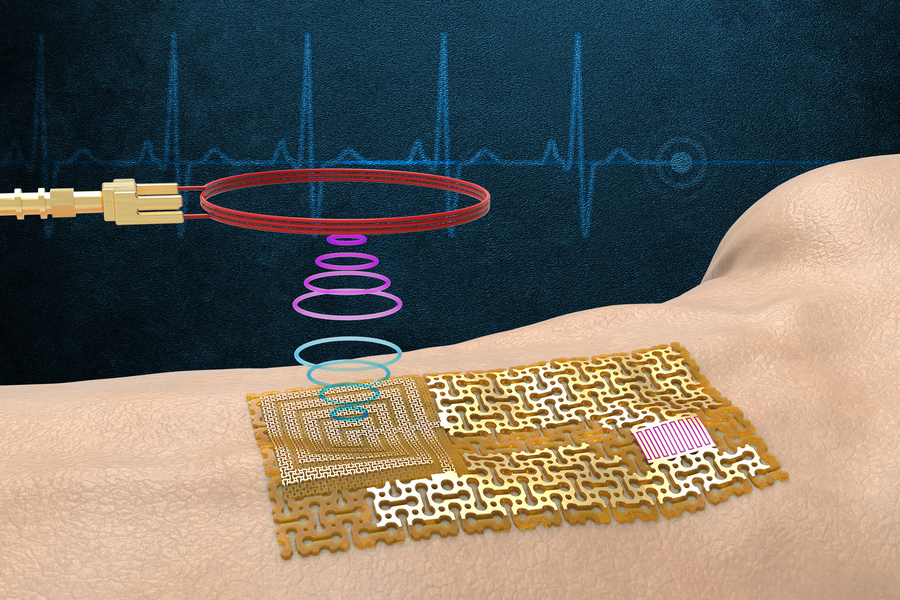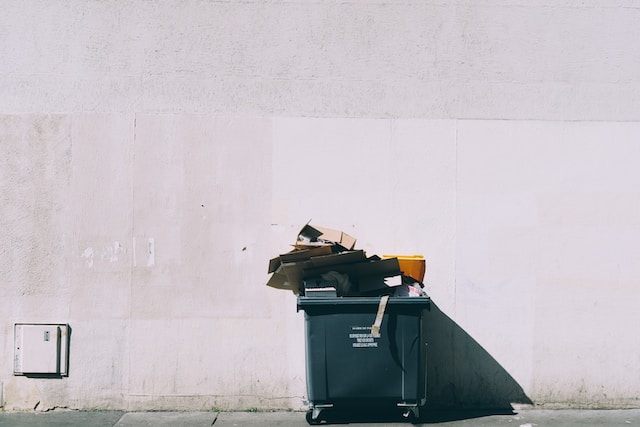Plastic is a necessary evil, but Earth cannot digest it. Each and every bit of plastic ever produced still exists and will be here with us for hundreds of years. It seems nearly impossible to escape plastic in our day-to-day lives, and in the process, the planet is being ruined by our addiction to plastic.
Thanks to researchers at Cambridge University, there is a newly discovered solution to plastic wastes. They found that the larvae of the moth, which eats wax in bee hives, can also eat plastic waste and turn it into something useful.
“We have found that the larva of a common insect, Galleria mellonella, is able to biodegrade one of the toughest, most resilient, and most used plastics: polyethylene,” says Federica Bertocchini of the Institute of Biomedicine and Biotechnology of Cantabria in Spain.
Co-author Paolo Bombelli, a biochemist at the University of Cambridge, said, “The caterpillars are not just eating the plastic without modifying its chemical make-up. We showed that the polymer chains in polyethylene plastic are actually broken by the wax worms.”
The best part is that the degradation rate is great. Researchers found that 100 wax worms can eat 92 milligrams of plastic in just half a day. Although waxworm isn’t the only animal that can digest plastic, they are found to be the fastest plastic gobbler of them all.
Scientists are now planning to use this discovery to save Earth from plastic pollution. But that doesn’t give us the permit to dump more and more polyethylene in our environment.







